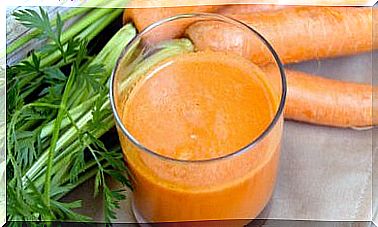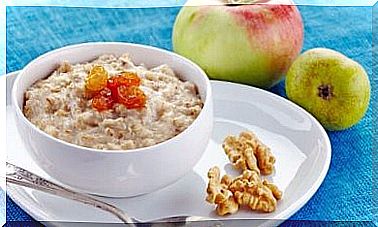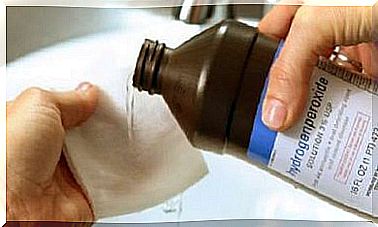Herbal Remedies To Combat Helicobacter Pylori Infection
Despite being one of the most common infections, Helicobacter pylori does not exhibit any specific symptoms. For this reason, at the beginning, it is therefore very difficult to diagnose this bacteria.
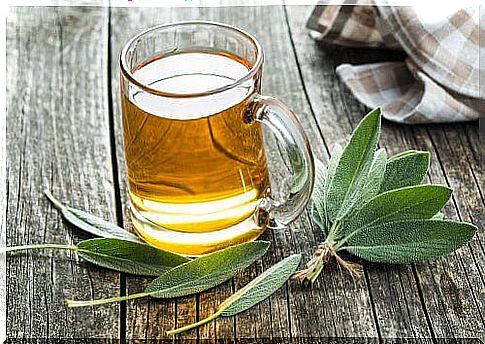
According to data from the MSD manual, Helicobacter pylori is the most common cause of gastritis and peptic ulcer (peptic ulcer) worldwide, in the elderly (after 60 years).
Do you have stomach pain in your upper abdomen, upset stomach, indigestion, and other problems? This could be caused by the bacteria Helicobacter pylori (H. pylori) in your body. This bacteria lodges in the lining of the stomach, damages the stomach and duodenal tissues, and causes inflammation.
The 50% of the world population suffer from diseases caused by stomach of H. pylori , making it the most common infection in humans.
How is Helicobacter pylori spread?
Possible routes of transmission from one infected person to another are saliva, feces, and infected medical devices.
This bacteria can lodge in the dental plaque of affected people and be transmitted through saliva on contact with healthy people.
It is usually always found in faeces and, if those affected do not have sufficient hygiene measures, they can contaminate food and water for human consumption. This is why it is always recommended to wash food well and filter the water.
Medical instruments such as infected nasogastric tubes are also a means of transport for bacteria.
Stomach diseases or manifestations caused by bacteria

Among the most common problems that Helicobacter pylori can cause, we can mention, among others:
- Dyspepsia or poor digestion
- Duodenal and gastric peptic ulcers
- Chronic gastritis
- Gastric lymphoma
Reduce risk factors
If you avoid risk factors and take certain preventive measures, you can lower your risk of getting infected with Helicobacter pylori bacteria.
Among the most important precautions to limit the infection of this bacteria, be sure to pay attention to the following risks :
- Do not eat undercooked food. No matter where you live or travel, you should avoid undercooked foods as this increases the risk of food poisoning and other causes of infection.
- Avoid unsanitary areas. One of the main means of transmission of Helicobacter pylori is through unsanitary conditions.
This includes the production of food and drink, living conditions and areas of activity. Foods cooked in unsanitary environments can transmit the bacteria from person to person.
- Know how to recognize accidental transmissions. The bacteria are found in saliva, feces, vomit, and other stomach and oral fluids. Any such substance from a carrier that comes in contact with your mouth or hand increases the risk of infection.
- Wash your hands well since the main form of transmission of Helicobacter pylori is through contact. You should always pay attention to your personal hygiene and the way you wash your hands.
You should wash them well and wash them often, especially after using the toilet or touching food.
Now discover several herbal remedies to fight the Helicobacter pylori bacteria in a natural way.
Herbal remedies for Helicobacter pylori
According to popular wisdom, the following herbs and herbs can help relieve certain symptoms caused by H. pylori in the body.
1. Ginger infusion
Ginger is a root recommended for treating stomach conditions such as gastritis. It has anti-inflammatory, antioxidant and bactericidal properties. Also, it is said to act as a good antacid.
Ingredients
- 2 cups of water (500 ml)
- 2 tablespoons of ginger, cut into small pieces (30 g)
Preparation
- Boil half a liter of water and add the pieces of ginger.
- Leave it on the fire for a few minutes, then turn it off and let the infusion stand,
- You can drink this ginger remedy 2 times a day.
2. Rosemary infusion

Rosemary is an aromatic plant that has medicinal properties. Rosemary infusions are very effective in treating digestive problems. They improve digestion, reduce constipation and eliminate gas.
Ingredients
- 2 cups of water (500 ml)
- 2 tablespoons of rosemary leaves (30 g)
Preparation
- Boil the water in a saucepan and, when it reaches the boiling point, add the rosemary leaves.
- Cook for 4 minutes then remove the rosemary leaves and drink the infusion.
- Consume in moderation.
3. Turmeric and ginger infusion
As turmeric contains antioxidant substances and has antibacterial and anti-inflammatory properties, it is believed that its consumption can help reduce inflammation in the stomach and balance the intestinal flora. In addition, it stimulates gastric juices, reduces gas and protects the lining of the stomach. However, its consumption in excess is not recommended.
Ginger, as we have seen, has many beneficial properties that will complement those of turmeric.
Ingredients
- 1 cup of water (250 ml)
- 1 pinch of turmeric powder
- Honey (according to taste)
- Ginger (according to taste)
Preparation
- Boil the water in a saucepan and add a pinch of turmeric and ginger.
- Let boil for a few minutes then add honey to soften.
- Remove the pan from the heat and let the infusion stand. Finally, filter and consume this remedy.
4. Verbena essential oil infusion
The popular sphere considers verbena to be one of the best plants for combating Helicobacter pylori. So far, the bacteria have not shown resistance to the plant components of this plant.
Ingredients
- 1 cup of water (250 ml)
- 20 or 30 drops of essential oil of vegetable oil
Preparation
- Dilute 20 or 30 drops of oil in the cup of water.
- You can take this drink after each meal .
- You can also make an infusion with lemon verbena leaves.
- To consume with moderation.
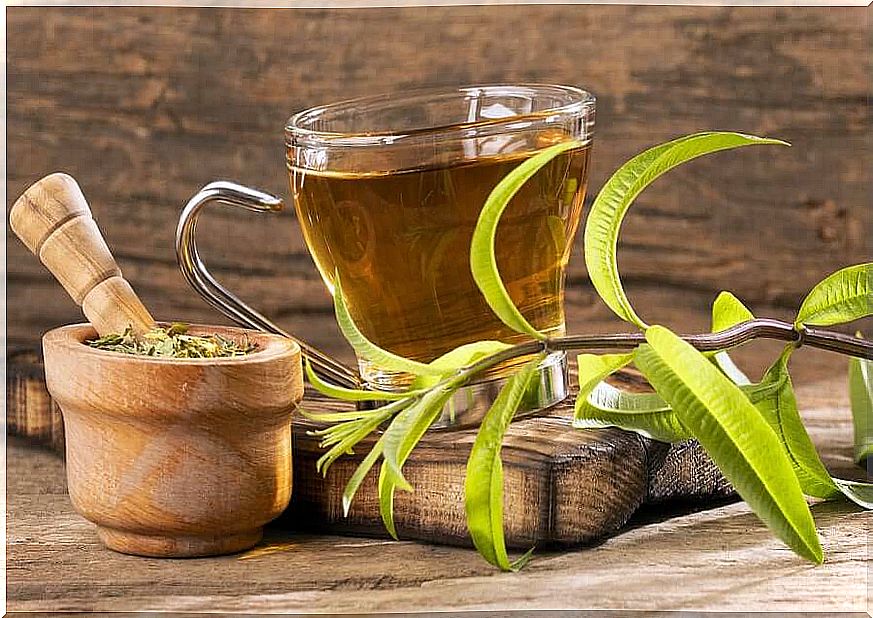
Before taking any home remedy, consult your doctor
Before starting a treatment with medicinal plants (infusions, etc.), it is important to consult the attending physician. It should be borne in mind that in order for herbal treatments to be useful, it is essential to follow the professional’s instructions. In addition, it should be remembered that there are plants, herbs, spices and the like that are contraindicated in some cases.
Home remedies are NOT a substitute for treatment prescribed by your doctor. In all cases, it is preferable to consume them as an adjunct (provided that the healthcare professional authorizes it).
